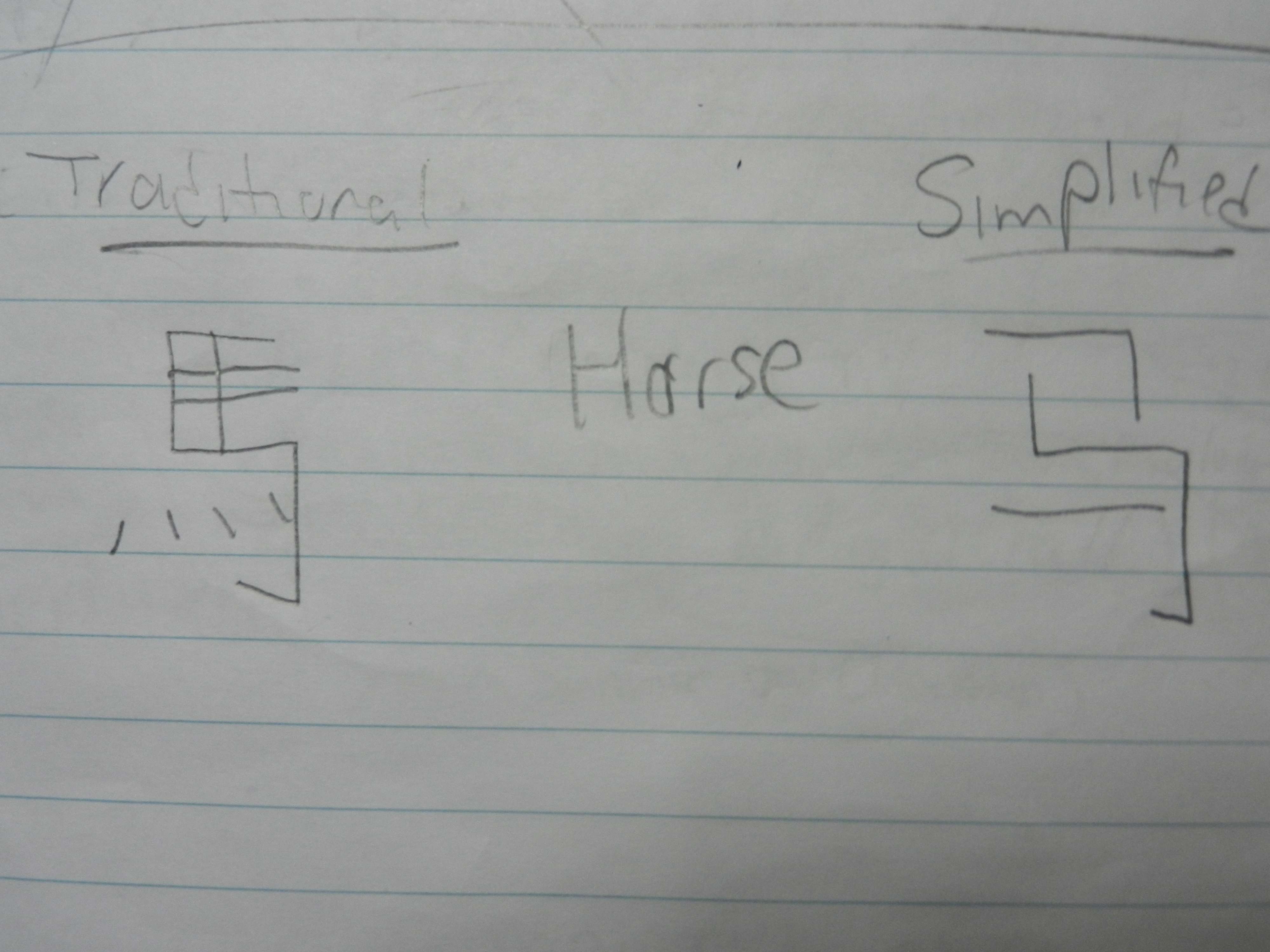Listeners:
Top listeners:
-
play_arrow
KTSW 89.9

-
 play_arrow
play_arrow
KTSW Translates: Mandarin
-
 play_arrow
play_arrow
KTSW Translates: Mandarin
-
 play_arrow
play_arrow
KTSW Translates: Mandarin
-
 play_arrow
play_arrow
KTSW Translates: Mandarin
-
 play_arrow
play_arrow
KTSW Translates: Mandarin
-
 play_arrow
play_arrow
KTSW Translates: Mandarin
-
 play_arrow
play_arrow
KTSW Translates: Mandarin
-
 play_arrow
play_arrow
KTSW Translates: Mandarin
-
 play_arrow
play_arrow
KTSW Translates: Mandarin
-
 play_arrow
play_arrow
KTSW Translates: Mandarin
-
 play_arrow
play_arrow
KTSW Translates: Mandarin
-
 play_arrow
play_arrow
KTSW Translates: Mandarin
-
 play_arrow
play_arrow
KTSW Translates: Mandarin
-
 play_arrow
play_arrow
KTSW Translates: Mandarin
-
 play_arrow
play_arrow
KTSW Translates: Mandarin
-
 play_arrow
play_arrow
KTSW Translates: Mandarin
-
 play_arrow
play_arrow
KTSW Translates: Mandarin
By Tiger Shi
Web Content Contributor
KTSW Translates: Mandarin is a series of articles on KTSW decoding foreign languages! We understand the world is getting closer through international events such as the World Cup and the Olympics. The first foreign language we will be translating is Mandarin.
Since the U.S. normalized diplomatic relations with China in the late 1970s, Mandarin became a foreign language to learn over time in American schools and universities. There are thousands of characters in the Chinese language. Learning them individually would feel like counting stars or bits of sand. Therefore, being fluent in Mandarin, I want to teach some of the basics.
Origin
Like the English language, Mandarin has a history. The difference is Mandarin goes back thousands of years, to at least the Shang Dynasty (Second Millennium B.C.) It is one of the oldest languages in the world. Today, it is the standard language spoken in China and Taiwan. There are dialects (i.e. Cantonese) that are diverse on a local level but nationally, mandarin unites the Chinese people.
Basic Phrases
Hello
How Are You
Thank You
You’re Welcome
Goodbye
Good Morning
Good Afternoon
Good Evening
Good Night
My name is
Nice to meet you
Simplified VS Traditional Characters Etc.

These are the styles of the Chinese language in writing. Simplified characters are used in the mainland while traditional characters are used in Hong Kong, Macao and Taiwan. The origin of traditional Chinese dates back to the 5th century and was used during the Republic of China (1912-1949). Simplified Chinese writing originates from the 1950s when the ruling Communist Party of China wanted a universal language for all in the mainland to understand, therefore, it replaced traditional Chinese. There are also other writing structures besides the two major ones (simplified and traditional). These structures are used by other ethnic groups such as the Uyghur, the Manchu, the Hui, etc. China is made up of 56 diverse ethnic groups with Han Chinese (Hanzhu) being the dominant group. Therefore, the linguistic aspect of China is fascinating!
Dialect: Shanghai
The history behind this dialect is unclear. It is widely accepted that it was a local language that didn’t reach global fame until the Qing Dynasty opened trade with European countries in the late 1800s. Most of family can speak this dialect fluently—except me. I can teach the least that I know growing up hearing my parents speak it. It is basically written the same on-paper as Mandarin but when spoken verbally, it sounds much different.
Dialect: Shanghai
The history behind this dialect is unclear. It is widely accepted that it was a local language that didn’t reach global fame until the Qing Dynasty opened trade with European countries in the late 1800s. Most of my family can speak this dialect fluently—except me. I can teach the small amount I learned from growing up hearing my parents use it. It is basically written the same on-paper as Mandarin but when spoken verbally, it sounds much different.
Dummy (slang)
We’re Shanghai-ers
I don’t know
It is raining
Thank you
What’s up?
Importance
As mentioned, China emerged as a business partner with the United States. Therefore, it is essential to understand the language in order to communicate more easily. We don’t only have to communicate with people from the mainland but from Hong Kong, Macau and Taiwan as well. Of course, English and other languages can be used interchangeably but Mandarin is important because it can benefit everyone who speaks it diplomatically and culturally.
Feature image by Tiger Shi
Share this:
- Click to share on Twitter (Opens in new window)
- Click to share on Facebook (Opens in new window)
- Click to share on Tumblr (Opens in new window)
- Click to share on Pinterest (Opens in new window)
- Click to share on Reddit (Opens in new window)
- Click to email a link to a friend (Opens in new window)
- Click to print (Opens in new window)
culture language Mandarin tiger shi
Similar posts
This Blog is Propery of KTSW



Post comments (1)